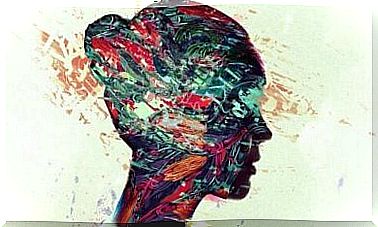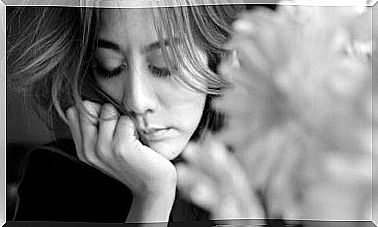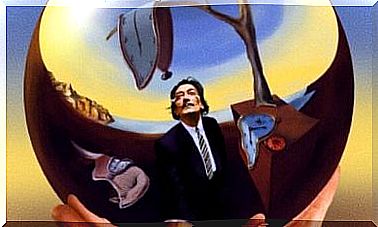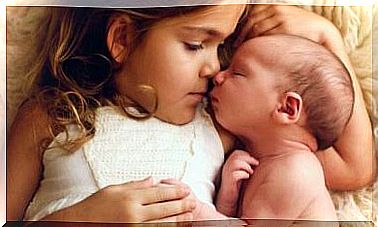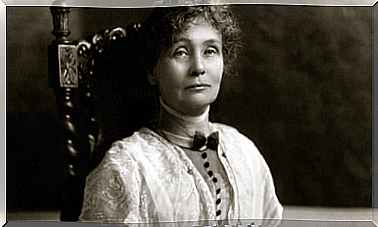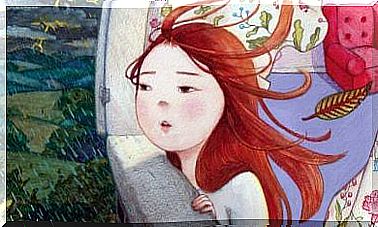We Don’t Lose Anyone Because We Don’t Own Anyone

Property has really become an obsession in our capitalist society. People think that the essence of who they are depends on the things they have. We’re talking about “having” a partner, not getting into a relationship with someone. We’re talking about “having” a job, not being an employee. In reality, we don’t own anything or anyone at all.
Property has become more important than being, to the point where we often succumb to the logic of defining the person we are by the things we have. We even get problems with our identity when we lose certain things.
Pretty much everything we own is temporary. In other words, we can only use and enjoy it for a while because it perishes, wears out, gets damaged or falls apart.
Nothing is actually fully owned by us. Yet there are still people who are not only completely unaware of this fact, but who also want to get other people into their possession. This is especially evident in love relationships.
We don’t own anything
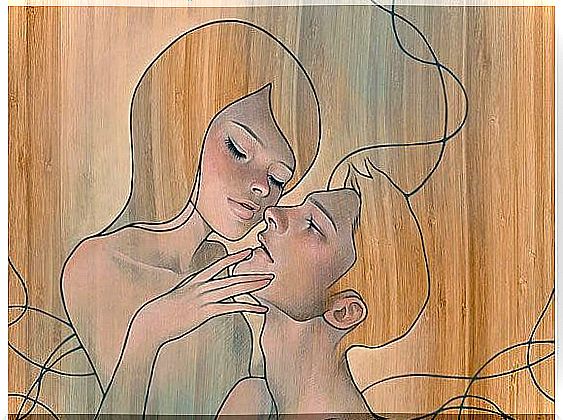
Several studies show that monogamy is not specific to humans. Quite the contrary: evolution shows that in the earlier phases of human development polygamy was the norm. Exclusive relationships between two people are the result of a long and complicated cultural process.
Polygamy was considered problematic at one point as it became more and more complicated. Yet for much of the population, having just one partner was simply not an option. This seems almost absurd in today’s West. We cling desperately to monogamy. Not only that, we look for an ideal that we absolutely do not want to adjust: to find someone who will be “ours” forever.
Much of the words and promises spoken at the beginning of a relationship are based on this logic. ‘I will be yours forever’, ‘What we have is forever’ etc. Sometimes the relationship just changes over time and couples learn to balance their shared and individual spaces.
In other situations, however, one or both partners are unable to give up the idea that their partner is “their” or that their partner is their property. Since romantic relationships are usually based on the idea that two people are exclusively loyal to each other, some people take this one step further by expecting or demanding that their partner behave as if he were their property. This person is truly convinced that he is in charge of his partner. They completely lose sight of the line that separates love from exploiting another person.
You can’t lose anything if it was never yours
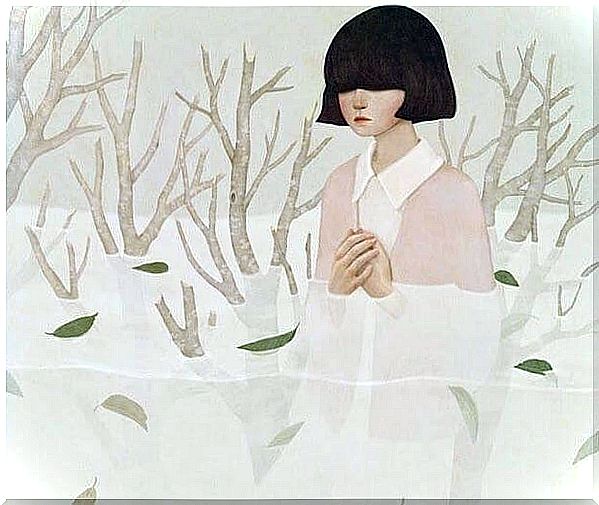
Getting into a romantic relationship with someone else doesn’t mean that that other person gets you. That’s why you can’t say you ‘lose’ someone when the relationship ends. You could say that what feels like an emotional ‘loss’ eventually becomes an evolution within a process.
Feelings are not constant in people. Quite the contrary. Our emotions as well as our feelings, our needs, expectations and everything that shapes our inner world are in constant flux. Obviously we all have a temperament or character that is more or less constant, but our perception when confronted with objects of affection or desire is actually relatively unbalanced.
This occurs in even the most prolonged and intense love relationships. We don’t always love the same person the same way. Sometimes we love someone less, sometimes more. Sometimes we don’t feel love at all and then suddenly love warms our hearts again, all in relation to the same person.
If we can’t even say that we are completely in control of ourselves, how can we think that someone else is under our control? If we think this, it is because we have fallen into the trap of a fantasy of our own ego and are unable to distinguish between what is ours and what is someone else’s. We come to believe that this is all one and the same.
That’s why we feel completely ‘lost’ when faced with a break in our relationship, as if we have ‘lost’ something that used to be ‘ours’. We overlook the fact that what changed was our feelings and motivation, the feelings and motivation that once led to intimacy and now demand distance.
The only emptiness we create in the lives of others is the emptiness left when we take away the hope that we would always be there. What the other has actually lost is the foundation that kept this hope alive, but not the person, because no one is in the possession of another. So instead of slipping into a state of loss when faced with a divorce, we should learn to view the situation as a process of inner adjustment.
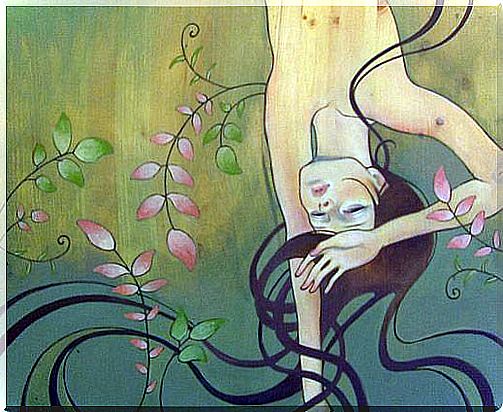
–Image courtesy of Jung Eun Park and Audrey Kawasakinn–
